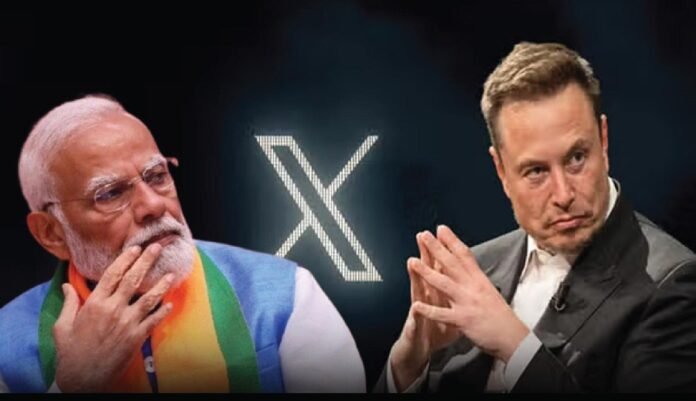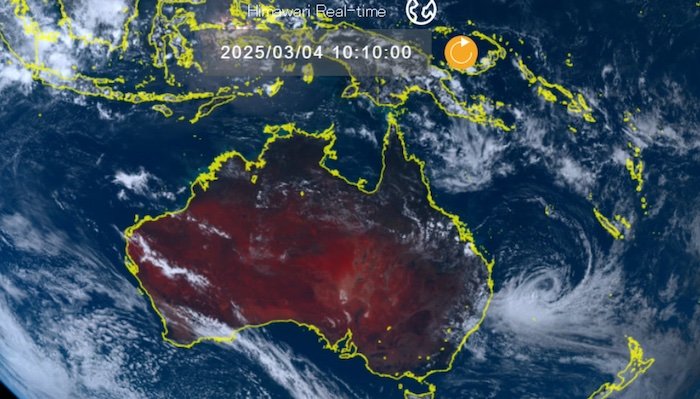Elon Musk’s X (formerly Twitter) has filed a lawsuit against the Indian government, alleging unlawful and excessive censorship demands. The case, filed in the Karnataka High Court in March 2025, centres on takedown orders issued via India’s controversial Sahyog portal.
According to court filings, X argues that the Indian Ministry of Electronics and IT has repeatedly ordered the platform to block or remove content under Section 79(3)(b) of the Information Technology Act.
X claims this clause lacks transparency and due process, especially when compared to the more structured Section 69A, which requires judicial oversight.
“We are being asked to remove content without clear legal grounds,” said a spokesperson for X. “Our lawsuit seeks to protect free speech while respecting local laws.”
What Is the Sahyog Portal?
The Sahyog portal was launched in October 2024 by the Indian Cyber Crime Coordination Centre under the Ministry of Home Affairs. It allows thousands of government officials and police officers to issue takedown notices directly to social media platforms. Previously, only senior officials from the IT and Broadcasting ministries could do so.
X has refused to join the portal, calling it a “censorship tool” that bypasses legal scrutiny. The platform claims it received multiple takedown requests for posts that mocked politicians, reported on stampedes, or expressed political views.
One post, describing a senior ruling party leader as “useless,” triggered police action in Satara, Maharashtra, despite having only a few hundred views.
The Indian government has dismissed X’s arguments as “unfortunate” and “condemnable.” It insists that Sahyog is a legitimate compliance tool used by over 38 intermediaries, including Google, Meta, and Microsoft.
“X is not being singled out,” said a senior official in the Ministry of Electronics and IT. “Every intermediary must follow the rules. Compliance is non-negotiable.”
Free Speech vs. Digital Sovereignty
Legal analysts say the case could test the limits of India’s digital sovereignty. X argues that the government’s interpretation of Section 79(3)(b) creates a parallel censorship system that contradicts Supreme Court rulings and forces platforms to over-censor content to avoid legal risks.
India, one of X’s largest user markets, has ramped up internet policing since 2023. The lawsuit comes as Musk is also exploring investment opportunities in India’s electric vehicle and satellite sectors.
Civil liberty advocates hail the legal challenge as a necessary check on state power, while others warn it could jeopardize Musk’s broader ambitions in the country.
The next hearing is scheduled later this month. The outcome could set a landmark precedent for how foreign tech platforms navigate increasingly authoritarian digital regulations in democratic nations.
Should tech companies have the right to challenge government censorship? Do, or don’t sovereign governments have a duty to protect their vulnerable citizens from certain harmful content? Discuss here→Rate, Like 👍, Comment💬, share this article, Follow us on our social media handles, and Submit your own story to get featured and earn rewards!






